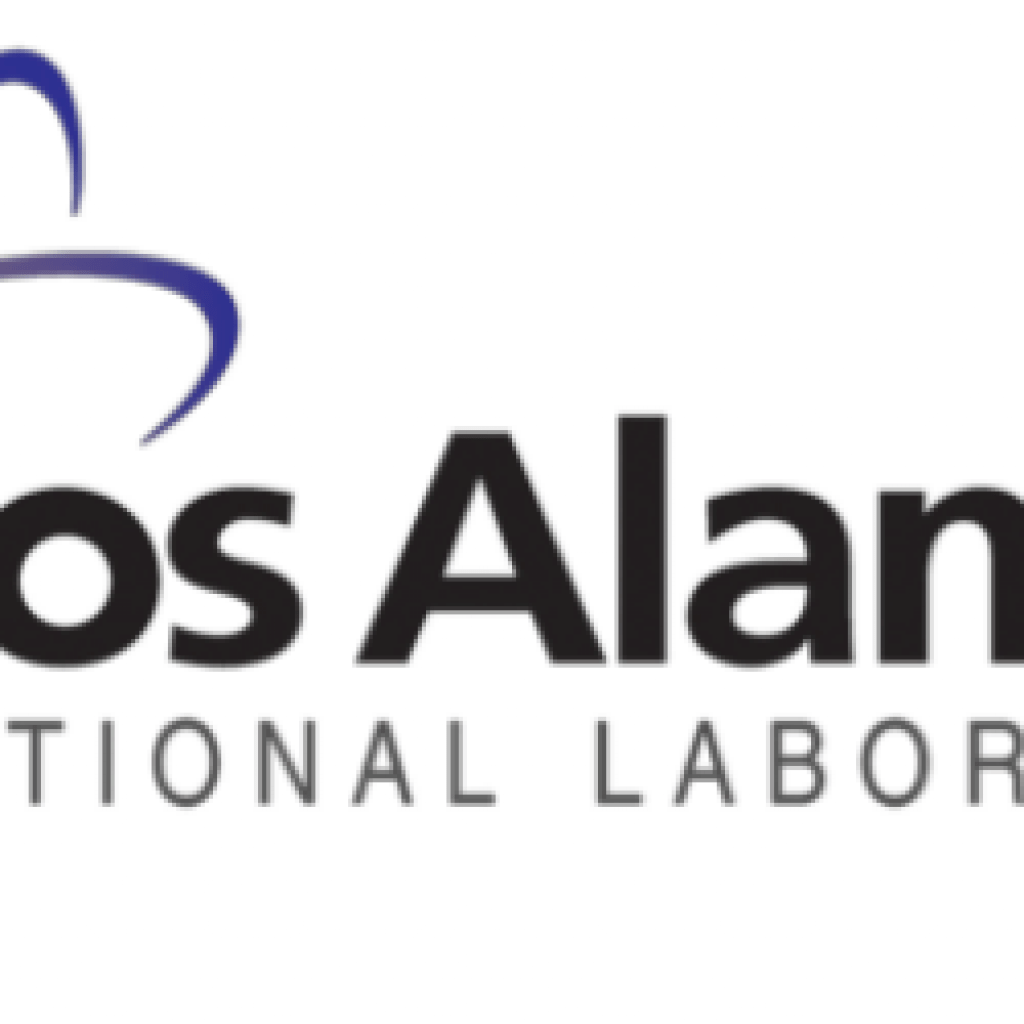(HPCWire) Researchers from Los Alamos National Laboratory report a strategy for dealing with the “barren plateau” problem in quantum computing, which would be a significant advance for machine learning on current noisy intermediate scale quantum computers (NISQ). The researchers used a common hybrid approach that leverages classical computers for optimizing model parameters.
Broadly, the iterative calculations when training certain optimization models run into a problem where the resulting gradient used to update weights on each pass become so small – vanishingly so – that the model becomes stuck. LANL scientists, led by Marco Cerezo, have developed a work-around and mathematically proved that it works.
“The work solves a key problem of useability for quantum machine learning. We rigorously proved the conditions under which certain architectures of variational quantum algorithms will or will not have barren plateaus as they are scaled up,” said Cerezo. “With our theorems, you can guarantee that the architecture will be scalable to quantum computers with a large number of qubits.”
Applying principles described by the LANL researchers it may be possible to use Variational Quantum Algorithms (VQAs) productively to solve practical problems on developing NISQ systems. The LANL article can be read here.
LANL Researchers Report a Strategy for Dealing with “Barren Plateau” Problem in Quantum Computing
